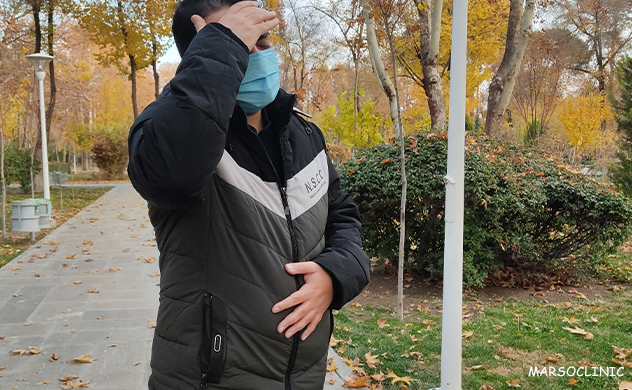


All of the listed diagnoses are possible in so complex an ICU patient. Occurrence of thrombocytopenia doubles overall mortality of ICU patients, especially if still present at 2 weeks, but is not causative of the patient's demise.

And although splenectomy removes a major organ responsible for both autoantibody production and antibody-coated platelet removal, most responders maintain a lower than normal platelet count and still have evidence of ongoing disease activity, albeit sufficiently lower disease activity to allow the patient freedom from significant bleeding without the need for other interventions.Īpproximately 50% of ICU patients develop thrombocytopenia during their ICU stay, with 5% to 20% being severe (<50 × 10 9/L). With a 60% long-term reduction in the need for additional therapies for thrombocytopenia, splenectomy is the intervention most likely to produce a lasting response in patients with ITP. And like both glucocorticoids and TRAs, discontinuation of rituximab usually results in a return to significant thrombocytopenia. However, other than a small fraction of patients who after many months of therapy with TRAs can be successfully weaned from the drug, and maintain reasonable platelet levels, for most patients, one must keep treating with the drug to maintain adequate platelet levels.

TRAs are extremely effective in driving high levels of thrombopoiesis for long periods of time, thereby overcoming the platelet and megakaryocyte destruction at the heart of immune-induced thrombocytopenia. + +Īlthough glucocorticoids both reduce autoantibody production and macrophage destruction of Ig-coated platelets, long-term use of glucocorticoids can result in very severe side effects and so is not a long-term solution. Finally, isolated thrombocytopenia can be the presenting sign of both HIV and HCV, and given some of the treatments for ITP being immunosuppressive and the treatment of either of those viruses very different from that for ITP, knowledge of these two viral causes is important to determine the proper treatment. Absent symptoms or signs (other than thrombocytopenia), a hunt for systemic lupus erythematosus is unlikely to identify the cause of isolated thrombocytopenia. pylori as a cause of ITP is geographically variable and is not considered a likely cause in the United States, although it might be considered in countries where the association holds (eg, Italy and Japan). Although it is common to evaluate the marrow in the past, recent American Society of Hematology guidelines indicate that in the presence of isolated thrombocytopenia without any atypical morphology of blood cells and in the absence of any historical or examination features suggesting a diagnosis other than immune thrombocytopenia (ITP), a marrow examination can be avoided, at least until a therapeutic approach to ITP is attempted and deemed unsuccessful.


 0 kommentar(er)
0 kommentar(er)
